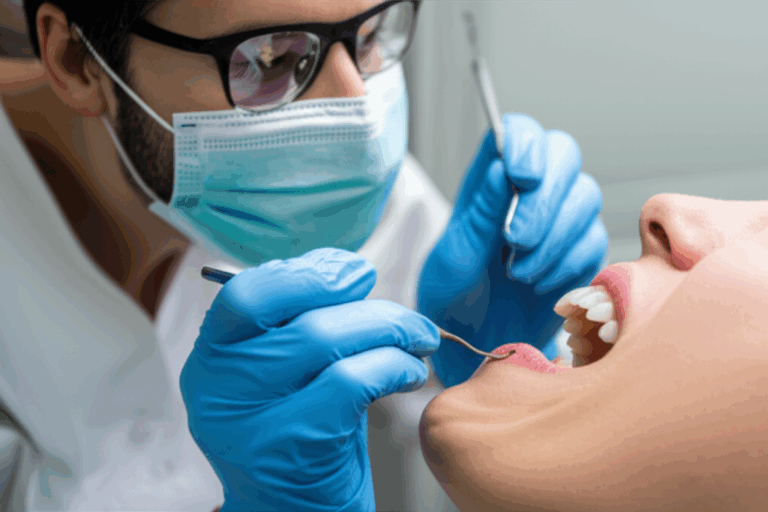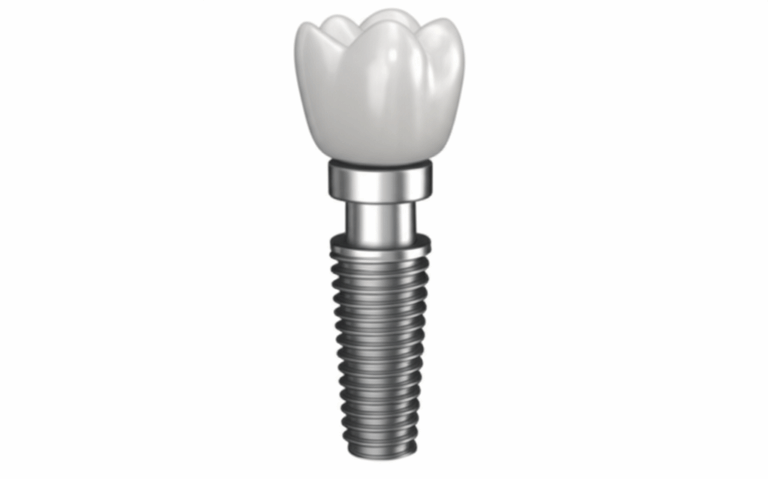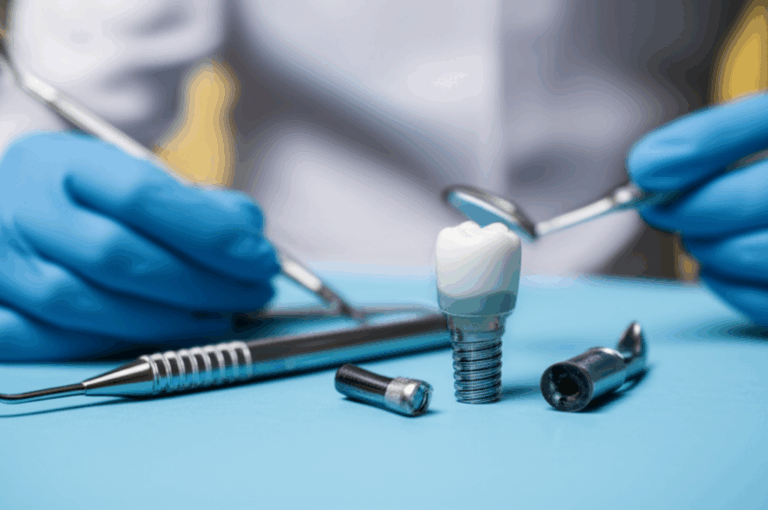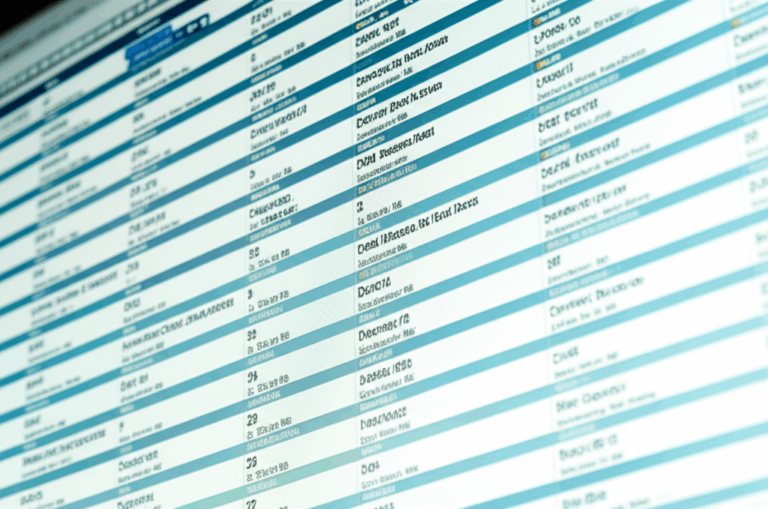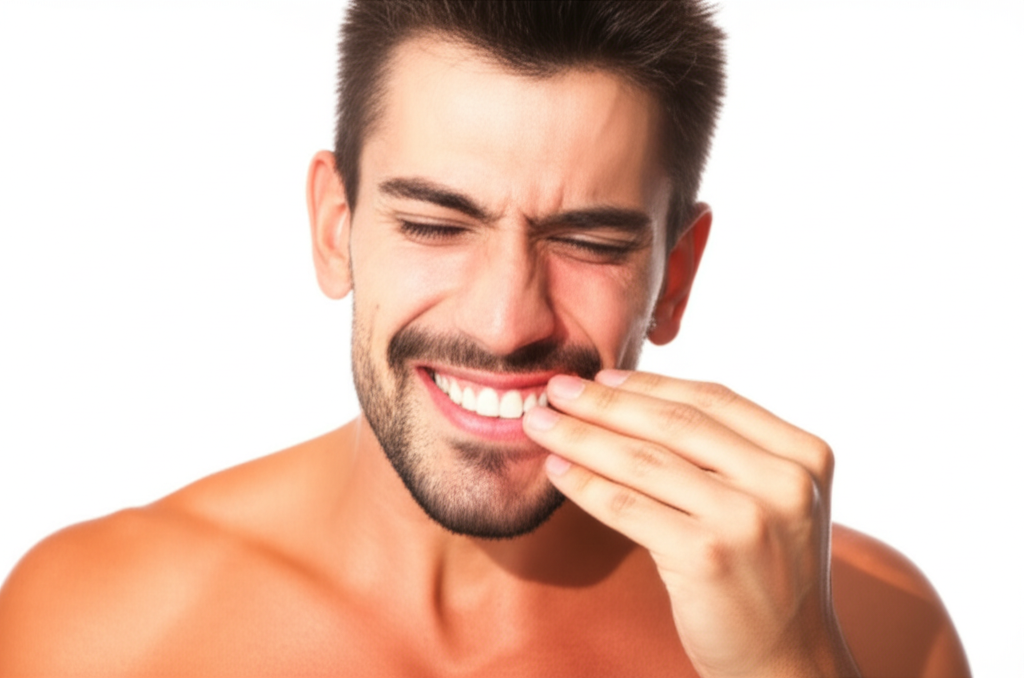
What NOT to Do After Dental Implant Surgery: My Guide to a Smooth Recovery
Table of Contents
- Avoid Disturbing the Surgical Site
- Do Not Use Straws
- Refrain from Smoking or Vaping
- Limit Alcohol Consumption
- Avoid Extremely Hot or Cold Foods/Drinks
- Say No to Hard, Crunchy, or Chewy Foods
- Steer Clear of Spicy or Acidic Foods
- Avoid Foods with Small Seeds or Grains
- No Hard Physical Activity or Heavy Lifting
- Avoid Bending Over or Lying Flat
- Do Not Drive Right After Sedation
- Do Not Brush Right on the Surgical Site Hard
- Avoid Alcohol Mouthwashes
- Do Not Use Water Flossers or Oral Irrigators Near the Site
- Do Not Miss Prescribed Medications
- Avoid Unapproved Over-the-Counter Medications
- Do Not Ignore Signs of Infection
- Avoid Being Late for Check-Ups
- No Biting Hard Objects (Pens, Ice)
- Do Not Forget Regular Oral Care
- Avoid Missing Regular Dental Check-Ups
1. Why I Decided to Share My Experience
If you’re reading this, you’re probably getting a dental implant or just had one done—and trust me, I’ve been there. When I got my first dental implant, I thought I’d be fine as long as I went to my visits and took my meds. I learned the hard way that what you do after surgery is super important for the implant to heal right or not.
That’s the reason for this guide. I want to tell you everything I wish I knew before my surgery: what not to do, why it matters, and how you can stay away from the common mistakes so many people make. I’m not a dentist, but you won’t find a more honest (or hard-learned) story about dental implant healing.
2. Immediate Post-Surgery No-Nos (First 24-48 Hours)
The first two days after the surgery are super important—my surgeon said that right away, and now I get why. Your mouth is tender, your body is still reacting, and even small mistakes can make healing take longer or cause bigger problems.
Avoid Disturbing the Surgical Site
It’s really tempting to look at the stitches or poke the “odd” area with your tongue. Don’t do it. Your mouth needs rest right after implant surgery.
- Don’t rinse your mouth hard. Be gentle—if you swish too rough you might knock out the blood clot that’s trying to form.
- Don’t spit forcefully. That movement can open up the wound or make it bleed.
- Keep your fingers out of your mouth and don’t pull your lip to look, even if you’re curious.
Do Not Use Straws
I made the mistake of using a straw for a smoothie. Terrible idea. The sucking made my mouth hurt for hours.
- Using a straw pulls the blood clot out, making it easy for pain, bleeding, or infection to happen.
- Just drink straight from the cup, go slow and easy.
Refrain from Smoking or Vaping
If you smoke or vape, this is a very good reason to quit—or at least to take a break. I saw a friend ignore this and he got a bad infection.
- Smoking (and vaping) slows the blood flow in your mouth, makes gum healing harder, and can even stop the implant from sticking to your jaw bone.
- Research even says smokers have failure rates three times higher than people who don’t smoke.
Limit Alcohol Consumption
Someone once brought me wine after my surgery, thinking it’d help the pain. Turns out, it’s not a good idea.
- Alcohol can slow healing, hurt the tissues, and not mix well with pain meds or antibiotics.
- Even one drink made my mouth feel drier and worse the next day.
Avoid Extremely Hot or Cold Foods/Drinks
Right after surgery, your mouth is not ready for really hot or cold drinks or foods.
- I remember trying hot soup and it stung. It can hurt the area or start up bleeding.
- Really cold drinks can also hurt or slow healing.
3. Dietary Restrictions: What Not to Eat & How to Eat
I knew I had to change my food, but I didn’t know I had to be so picky after dental implant surgery. Your mouth is healing, so pick soft and easy foods.
Say No to Hard, Crunchy, or Chewy Foods
This rule was hard for me. I love crusty bread. Learned my lesson.
- Avoid things like chips, raw carrots, nuts, chewy steak, or hard bread—they can injure the area or even break a temporary cap!
- Even healthy snacks (like apples) should be cut into soft pieces or skipped for now.
Steer Clear of Spicy or Acidic Foods
I tried to make my food more fun with chili sauce, thinking it’d help. My mouth burned and ached—bad call.
- Spicy or acidic foods can hurt, slow gum healing, or make swelling last longer.
- If eating makes your mouth sore, avoid those foods for now.
Avoid Foods with Small Seeds or Grains
Berries, seeded bread, even some buns have tiny seeds that end up where they don’t belong.
- Seeds can fall into the wound and might make it infected. I once had to pick out a flaxseed from my healing gum—no fun.
- Pick smooth, seed-free foods until your dentist says it’s OK.
4. Activity and Lifestyle: What to Avoid for Good Healing
Resting after surgery sounded nice—until I tried to go back to my old routine too soon. Don’t make my mistake!
No Hard Physical Activity or Heavy Lifting
The urge to get moving is real. But going to the gym or heavy chores too soon can mess things up.
- Hard exercise can make you bleed and swell at the implant spot.
- My dentist told me to stay quiet three to seven days. I exercised on day two and got pain and regret.
Avoid Bending Over or Lying Flat
This one took me by surprise. I bent down to tie my shoes and blood dripped out.
- Bending down or lying flat makes blood rush to your head, which means you can bleed more at the implant spot.
- Use an extra pillow at night to prop yourself up and let gravity help you heal.
Do Not Drive Right After Sedation
Seems obvious, but if you get sedation during the surgery, don’t try to drive yourself home. I had to get a ride.
- Sedation can last longer than you think, making you slow to respond—even if you feel “fine.”
- Have a friend or family member pick you up.
5. Oral Hygiene Mistakes to Avoid
Keeping your mouth clean matters, but how you do it is just as important as if you do it.
Do Not Brush Right on the Surgical Site Hard
I wanted to brush away the germs and help myself heal, but scrubbing hard only made things worse.
- Use a soft toothbrush and be gentle around the surgery spot. At first, brush the rest of your teeth well and just lightly clean near the implant.
- Don’t scrub right on top of stitches or the implant.
Avoid Alcohol Mouthwashes
You’d think more mouthwash means cleaner, but alcohol burns and makes healing gums dry.
- Pick mouthwash with no alcohol or just use salt water—your dentist might tell you a certain brand or homemade salt rinse to use.
- I used Chlorhexidine by my dentist’s orders, but only with his OK. Don’t guess on this stuff.
Do Not Use Water Flossers or Oral Irrigators Near the Site
Normally, I love my water flosser, but after surgery my dentist told me don’t use it just yet.
- Even the gentlest water can break the blood clot or mess up the healing.
- No regular flossing right next to your implant, either, until the area is fully healed.
6. Medication & Pain Management Mistakes
Pain and swelling are normal, but don’t let them mess up every day. Taking my meds as told really helped.
Do Not Miss Prescribed Medications
It can be tempting to power through, especially if you hate pills (I do). But the antibiotics and pain meds are not optional after this surgery.
- Skipping antibiotics can let in germs. Some bacteria are sneaky and just waiting for you to slip up.
- Pain meds help you sleep (and sleep helps you heal). Use them as you were told.
Avoid Unapproved Over-the-Counter Medications
Not every pain med or vitamin is safe with implants. I took aspirin once thinking it would help—bad idea!
- Aspirin and some store painkillers thin your blood, making bleeding worse where you had surgery.
- Only use what your dentist or surgeon says is safe.
7. Recognizing and Avoiding Problems
Watch out for trouble—and don’t ignore it if it shows up. Your mouth will give warning signs.
Do Not Ignore Signs of Infection
These signs sent me straight back to the dentist:
- Strong pain that doesn’t get better with pain meds
- Swelling staying or getting worse after a few days
- Pus or thick liquid leaking from the wound
- Fever or chills
- Numbness that won’t go away or is getting worse
Avoid Being Late for Check-Ups
Healing with implants isn’t “do it once and walk away.” My check-ups caught a little swelling before it became a bigger deal.
- Even if you feel fine, don’t skip or be late for these visits.
- Your dentist checks for hidden problems and encourages you along the way.
8. Long-Term Habits to Avoid for Implant Health
Your implant should last a long time—maybe your whole life. Habits you build (or break) now make a huge difference.
No Biting Hard Objects (Pens, Ice)
I used to chew on pens and bite my nails without thinking. Getting an implant made me stop for real.
- Biting hard stuff puts too much force on the implant and could break the implant or the fake tooth.
- Ice, popcorn kernels, and pens need to go on your “never again” list.
Do Not Forget Regular Oral Care
Implants don’t get regular cavities but can still get gum problems, just like normal teeth.
- Brush gently twice a day with a soft brush.
- Clean around the implant just like the dentist told you.
- Set up cleanings at an implant dental laboratory or with your regular dentist.
Avoid Missing Regular Dental Check-Ups
Even though it’s an “artificial” tooth, it still needs care.
- Dentists look for early troubles like gum problems around the implant or loose pieces before you feel them.
- For crowns and bridges, check with a crown and bridge lab or your dentist from time to time.
9. When to Call Your Dentist or Oral Surgeon
Don’t tough out anything that feels off after dental implant surgery. Call right away if you notice:
- Bleeding that lasts more than 12 hours after surgery
- Strong pain not going away with meds
- Swelling that gets bigger after day three
- Fever above 101°F (38°C)
- Numb feeling in lips, cheek, or tongue that stays too long
- Any new lump, discharge, or odd thing inside your mouth
Your implant is worth a lot—in time, money, and for your health—be careful.
10. Final Thoughts: Prioritizing Your Implant Success
My dental implant experience taught me more than I expected. The surgery matters, but what you don’t do after is just as key. It’s about patience, slow careful habits, and listening to your mouth every step.
Stick to your dentist’s advice, take after-care seriously, and focus on protecting what you paid for. I learned that shortcuts don’t end well—so go slow, look after yourself, and you’ll be smiling bright when it all pays off!
If you want more about implants or want to check out new restoration options, try finding a good china dental lab or look into new ideas in digital dental labs. Remember—your dental health is for the long haul and making smart choices now can mean a strong, healthy smile for years.
This guide is just my experience and advice I got from dental pros I trust. Always check with your own dentist before making choices about your recovery care.

